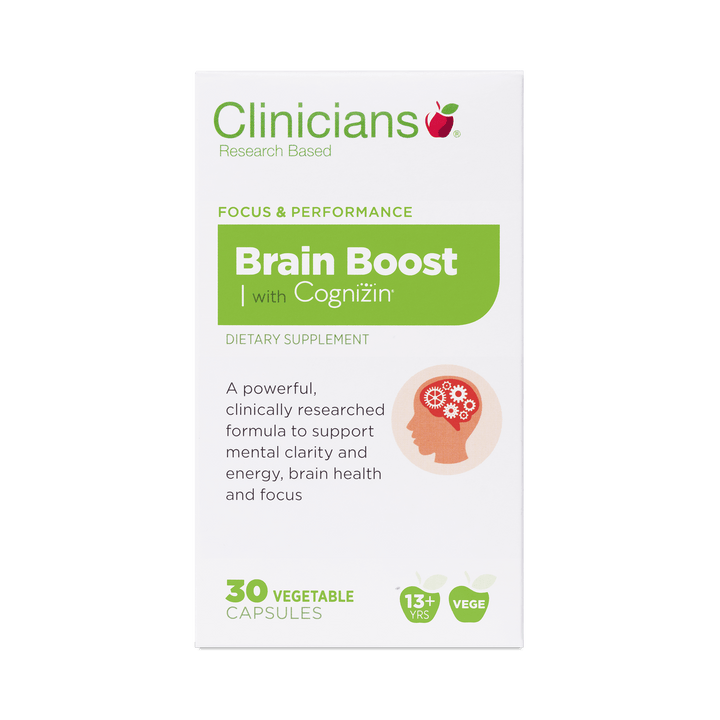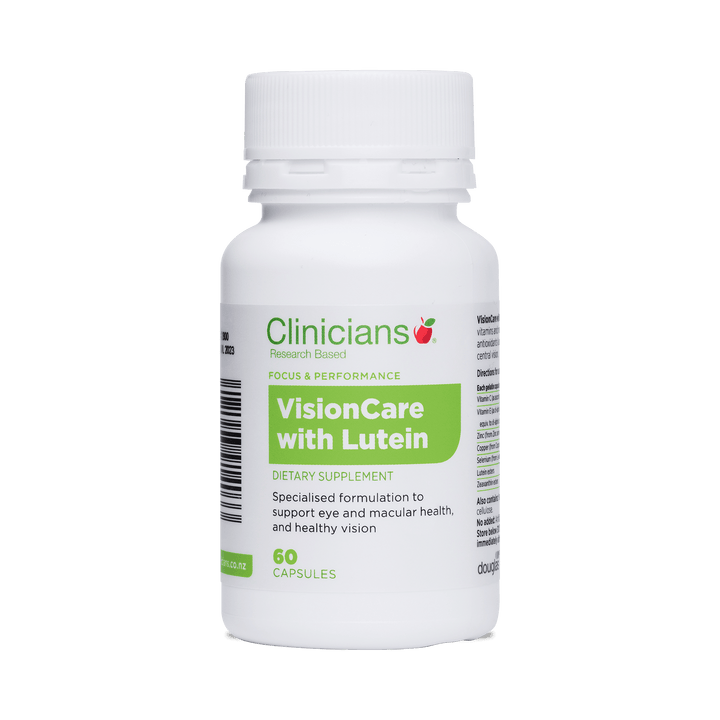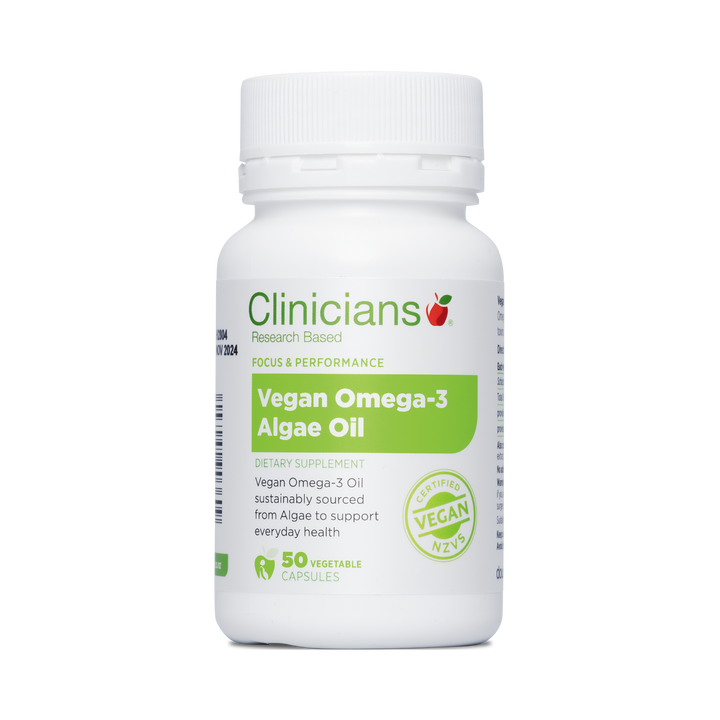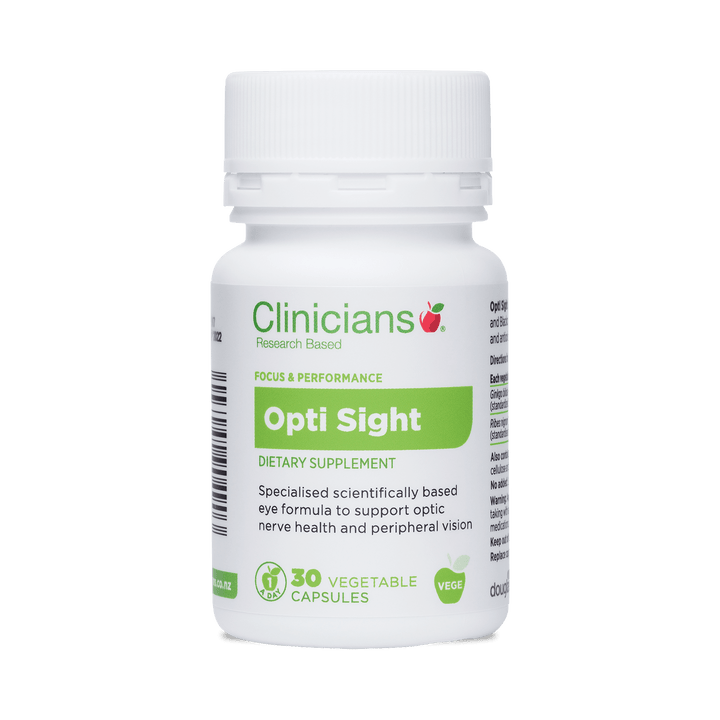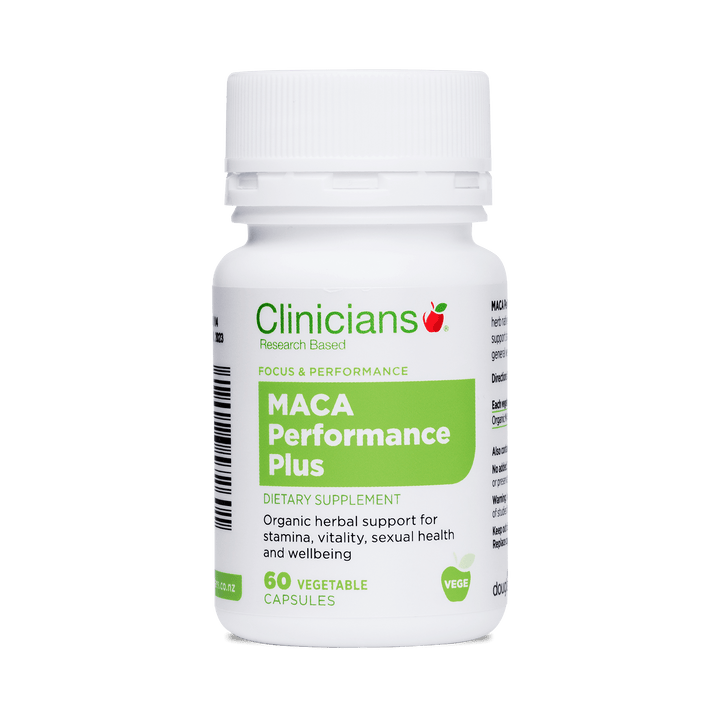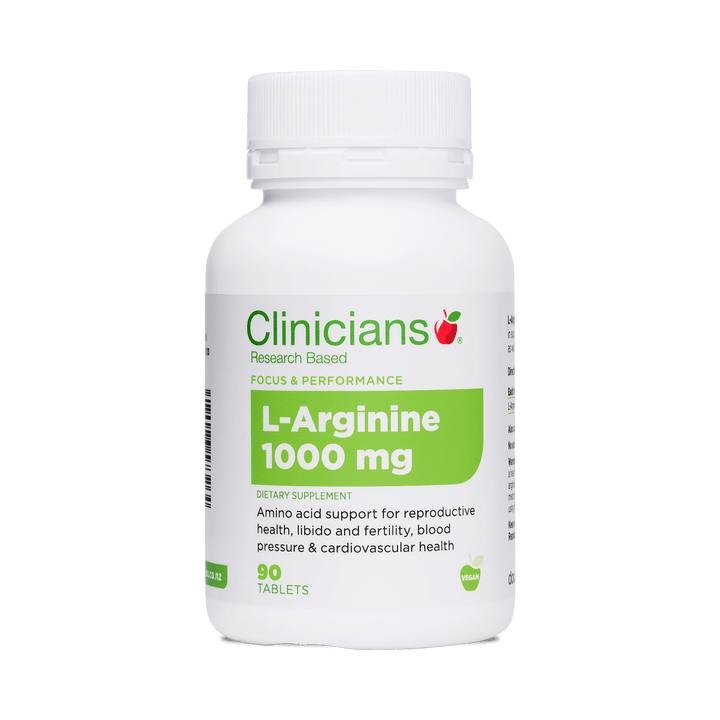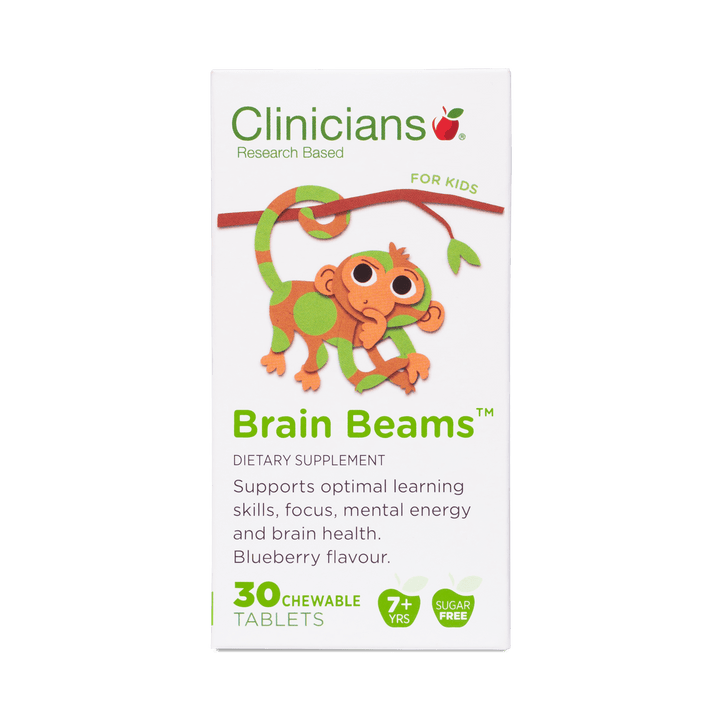Whether you are studying or working hard to reach a deadline, you want your brain on its A-game. Find out how the brain is powered and get some lifestyle and nutritional tips to boost its performance.
There are times in our life when we really need to focus and concentrate for long periods and sometimes it feels like our brain aches with the effort. It starts with school, then University exams/assignments and carries on with work deadlines.
So how do you get your head switched on and working at its best?
Well, the secret to brain performance is looking after your brain cells. Let's find out what's going on in there.
How does the brain work?
The brain is made up of many brain cells that talk to each other and pass around messages. Each brain cell has an outer fatty layer that helps protect the inner organs of the cells but allows nutrients and water to enter. This outer fatty layer also allows electrical signals to be passed from cell to cell, which is how your brain cells communicate with one another. Working in sync, they process our thoughts and store and recall information.
Within each cell, there are several little organs that allow the cell to function. Importantly amongst these are mitochondria, which are like lots of little batteries that power the cells. Our cells need lots of energy for all the communication and thinking that goes on.
How do we get the best out of our brain?
After understanding how the brain cells are made up and how they are powered, we can look at what they need to work well.
Get those good fats
Maintaining the fatty layers around our cells is important for effective communication and cell protection. In fact, the brain is approximately 60% fat and like any fats they can be susceptible to free radicals causing oxidative damage. In other words, toxins damage this protective outer layer. This means that providing good fats to replenish and nourish these fatty layers is a plus. Good fats make good brain cells, bad fats can cause damage. So, when your mum told you that fish would give you brains it was true. Here are some dietary tips of foods to increase and to limit to help boost brain cells.
Increase Omega 3 oils in foods such as:
- Fish and seafood
- Flax seeds, walnuts
- Take a fish oil supplement or algae oil for a vegan and sustainable source of omega 3
- Green leafy vegetables
Decrease saturated or trans (artificial) fats in foods such as:
- Fried foods
- Junk food (processed foods are often high in trans fat)
- Excessive saturated fats found in animal products such as meat and high-fat dairy products
Keep hydrated
Water is vital for maintaining good brain function. It helps deliver nutrients into the brain and is important for blood/oxygen circulation. Water also helps remove toxins and long term dehydration of the brain which can cause it to age.
So, if you notice when you are busy focusing that your brain feels a bit foggy it could be that you are well overdue for a drink. As well as stopping clear thinking dehydration can affect short term memory, mental calculations and can lead to low mental energy, confusion and low mood.
When it comes to drinks the advice is:
Increase drinks like:
- Water
- Caffeine-free herbal teas
- EnXtra (a herb that increases mental energy, but without the jitters of coffee)
Moderate drinks like:
- Caffeine containing drinks (like coffee and tea) as they are dehydrating and too may cause the jitters and make it hard to focus
- Alcohol as it is dehydrating and affects concentration
- Energy drinks are ok if you need the occasional boost, but they are also high in sugar and may lead to an energy crash later
Fuel your brain
Choline is a brain nutrient that is used to make the chemicals needed to maintain the structures of the brain. It helps to repair the fatty layers around the cells by supporting their rebuild and protecting them from oxidative damage. It feeds the mitochondria (brain batteries) so they produce cellular energy. All these great effects have led to its use to improve mental clarity, concentration, memory and recall. This can help to increase brain power at times when extra focus is needed for studying or when there is extra pressure and workload. Choline is a substance naturally produced in our body, although it can be manufactured for supplementation by fermenting plant materials.
To help produce choline:
- Increase foods high in choline such as eggs, meat and fish
- Supplement with Citicoline as this is converted to choline in the body
Get moving
It seems that exercise is not just good for your heart and mood, but is also needed for brain health. Exercise pumps oxygenated blood and other nutrients through the brain to feed the cells. It has also been shown to increase neuronal connections (brain cell connections) and causes growth in the part of the brain responsible for memory, learning and thinking skills.
To help increase thinking increase aerobic exercise such as:
- Biking
- Running, hiking or fast walking
- Swimming
- Gym cardio workout
- Racket sports
- Field sports
Get some sleep
Anyone who has had a bad night’s sleep will realise how important sleep is for mental function. When we sleep it is time for housekeeping of the brain. Sleep gives the brain time to process information we received in the daytime and decides what needs to be stored and what should be scrapped from our short term memory. Sleep also provides some much needed downtime for brain cell repair and restoration. So if we don’t get enough sleep it makes it hard to learn, create new memories, concentrate and respond quickly.
To support sleep for optimal brain function:
- Try to get 8 hours of sleep a night
- Stop working at least an hour before bed so you can switch your mind off
- Turn devices off one hour before bed as blue light affects melatonin production, the hormone that makes you sleepy
- Increase magnesium if you find yourself waking in the night. Foods rich in magnesium include nuts, seeds, green leafy vegetables, figs, bananas, avocado and legumes.
- Decrease caffeine – especially after lunch
If you have any questions about any of this information or would like some support with other areas of health like stress management or sleep, contact our naturopath team for support.



